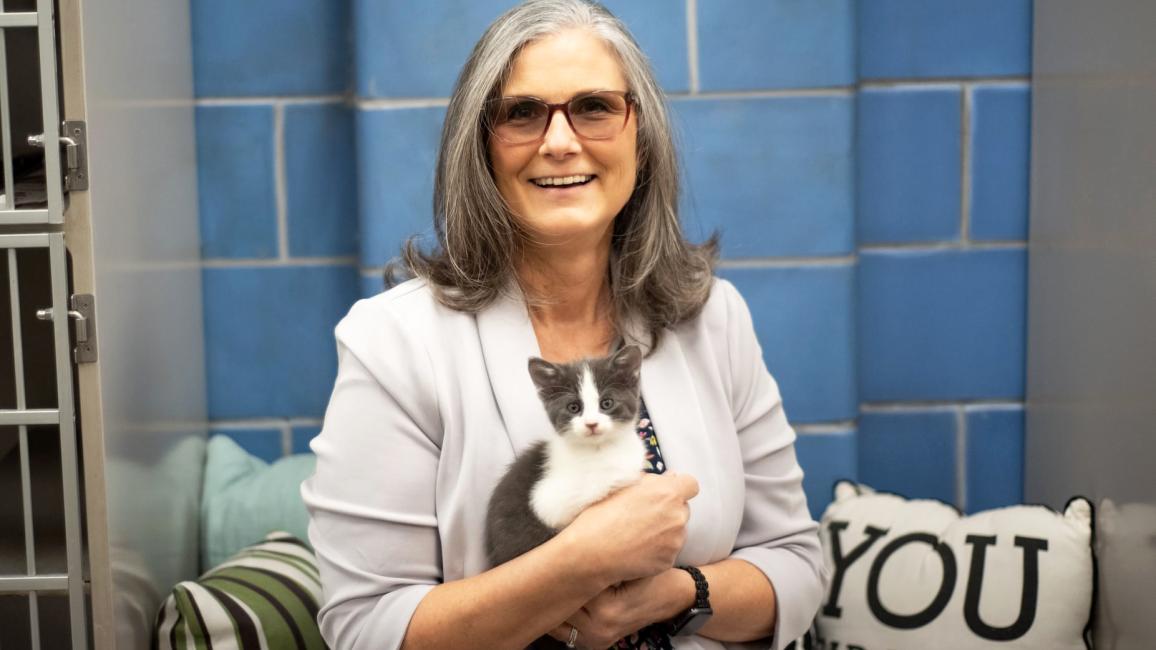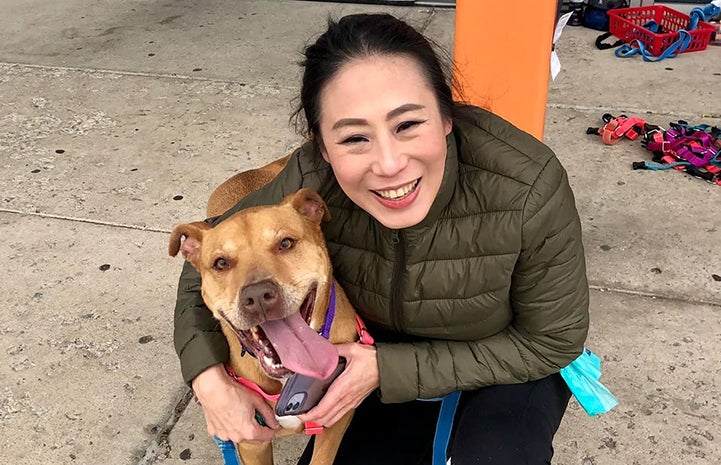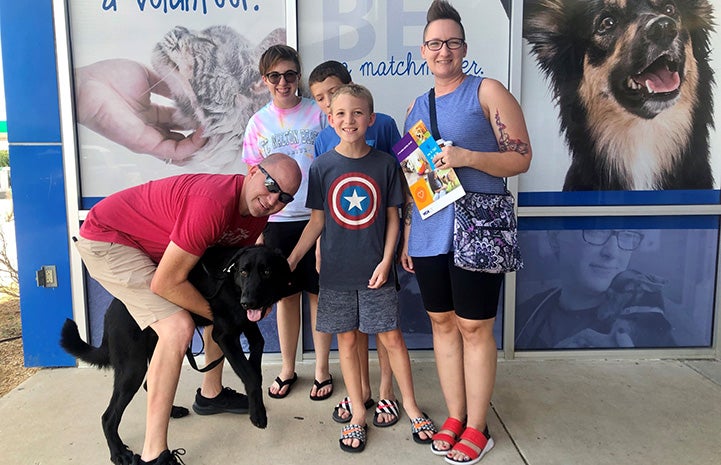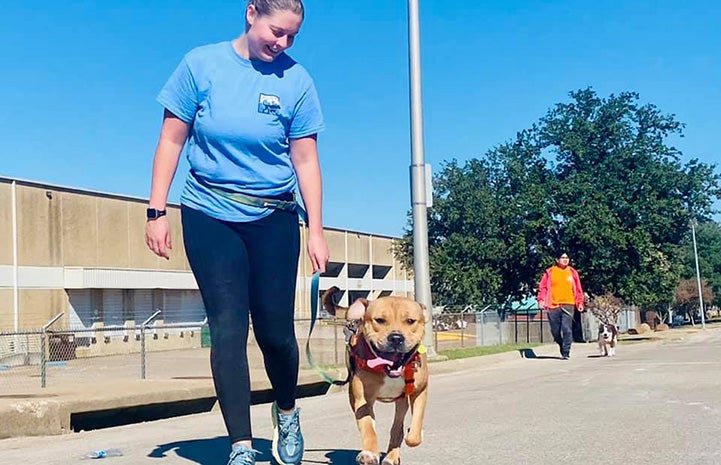2022 animal shelter crisis impact: Dallas Animal Services

Editor’s note: Animal Shelter Crisis 2022 is impacting organizations across the country, large and small, so we’re checking in with our partners and highlighting how the current pandemic surge is affecting them. Each story is just one example and is likely mirrored by your local shelter. The animals need all of us, now. It's time to contact a shelter near you and adopt or foster a pet, sign up to volunteer or donate.
“It’s the perfect storm.” That’s how Dallas Animal Services (DAS) director MeLissa Webber describes what’s happening at her shelter right now. DAS, one of the largest animal shelter systems in the country, took in nearly 40,000 dogs and cats the year before the pandemic hit, she says.
In 2020, DAS reached a 90% save rate for the fiscal year for the first time in its history, hitting its Dallas90 goal. But as the pandemic has worn on, staff shortages and a growing number of pets in need have caused the save rate to slip. This is a difficult reality for a team that is working harder than ever before but has fewer people to share the workload.
Throughout the pandemic, DAS has been operating with far fewer staff than usual as open positions have been a challenge to fill (a problem facing just about every industry). But when the Omicron wave hit, people who had been showing up to work daily couldn’t. They were either out sick or in quarantine, further reducing the number of people available to take care of the animals in the shelter and respond to service requests coming in for animal control. Meanwhile, pet intake numbers are on the rise and service requests have reached pre-pandemic levels. So, the DAS staff, just as it has been doing for two years, had to pivot.
Staffing shortages forced the closure of the shelter to the public one day a week, and the number of hours it's open to the public has been reduced. While that change won’t last forever, it’s a tough one to swallow.
“We want to be open to the public from 11 a.m. to 7 p.m., seven days a week,” MeLissa says. Adoptions are the main way that animals get out of the shelter once they come in, and while switching to online adoption appointments has helped, being open to the public is key to getting pets into new homes.
That sentiment of knowing what they want to do and facing what they must do has been a part of life for the past two years but is heightened right now. It’s a difficult time, but there are ways people can help. And MeLissa hasn’t given up hope that this, too, shall pass.

A pandemic-strained community
“We’ve been short-staffed in the shelter all the way through, but we’ve been able to pivot and have other teams fill in and assist with animal care,” MeLissa says. But today, that’s not an option because every team is stretched thin. “It’s not just COVID," she adds. “There seems to be so much illness this year, and people have a negative COVID test, but they’re sick. Anecdotally, I wonder if it’s because we’ve been running on adrenaline for two years.”
When asked how this situation makes her feel, MeLissa echoes how we’ve all been feeling ― stressed and anxious. “I’m concerned for the staff who have been here for the long haul, who continue to show up every day through being short-staffed.”
As she talks about challenges facing her shelter, MeLissa realizes she’s talking about the people more than the animals. Here’s why. “That’s who’s caring for the animals," she says. "If we can’t take care of the people, we can’t take care of the animals.”
It’s true ― not just in the shelter, but in the community as well, she says. “I’m concerned for the staff and for residents, because I do want DAS to meet their needs. Our guiding principles are public safety, compassion, no shortcuts. I want to be able to live by them and deliver those services.”

A call to foster, volunteer, adopt
Dallas Animal Services is feeling the pandemic pinch, but it is still going strong in a few areas where other organizations are struggling. The DAS medical team has been able to keep up with services, they have appropriate funding and support from the city, and they were doing well before the pandemic hit.
MeLissa says her goal is to get back to thriving, not just surviving. “We are going to get back to that place where we’re open seven days a week for adoptions, we’re keeping the community safe, growing our foster family and partnering with other organizations.”
For now, DAS is doing its best every day (knowing that this challenge won’t last forever) and asking for help from the community. “We do have a really supportive community,” MeLissa says. “Fostering is the biggest thing people can do because it increases our capacity and lifesaving. Volunteering helps and, of course, adopting a pet.” And, she adds, if anyone is looking for a job …

Help pets in a shelter near you
Now is the time to adopt a pet from a shelter. Contact a shelter or rescue group near you to help.
See all the animal shelters in your area
Read more
Bella the survivor dog arrives at Best Friends
Kindness rules: 5 stories of people helping pets in amazing ways